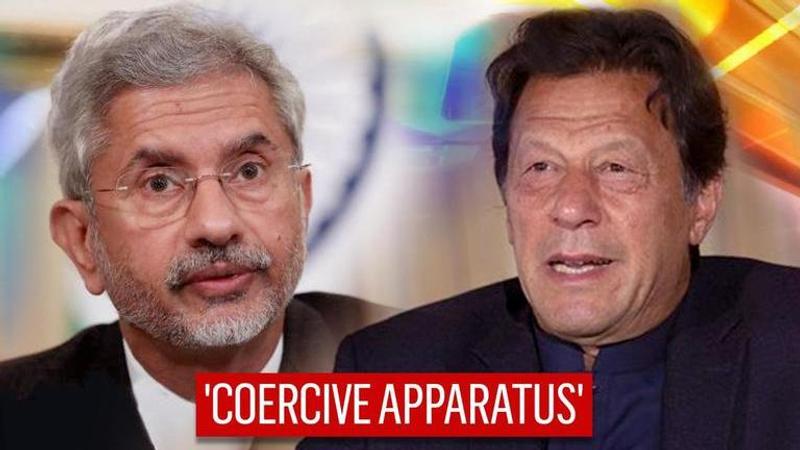Published 21:04 IST, October 1st 2020
MEA shows the mirror to Pakistan on Babri verdict criticism, preaches 'democratic ethos'
On Thursday, the MEA took a dig at Pakistan's criticism of the Babri mosque demolition case verdict in which all the 32 accused persons were acquitted.

Advertisement
On Thursday, the Ministry of External Affairs took a dig at Pakistan's criticism of the Babri mosque demolition case verdict in which all the accused were acquitted. Earlier, Pakistan Foreign Ministry spokesperson Zahid Hafeez Chaudhri accused the Indian judiciary of being "pliant" under the BJP regime. He also expressed concern over the alleged permeation of "extremist Hindutva ideology" in all state institutions of India.
Addressing a press briefing, MEA official spokesperson Anurag Srivastava stated that India is a mature democracy wherein people respected the verdict of the courts. Thereafter, he pointed out that people and the judiciary in Pakistan are silenced at the behest of the military establishment. According to him, the neighbouring country would find it hard to understand the democratic ethos of India.
MEA spokesperson Anurag Srivastava remarked, "India is a mature democracy where the governments and the people abide by the verdicts of the court and show respect for the rule of law. It may be difficult for a system with a coercive apparatus where the people and the courts can be silenced at the will of the establishment to understand such a democratic ethos."
What is the Babri mosque demolition case?
On December 6, 1992, the Babri mosque in Ayodhya was demolished by 'Kar Sevaks' who claimed that the land on which the religious place was built is the birthplace of Lord Ram. While the criminal conspiracy charges against the 32 accused including former Deputy PM LK Advani and other BJP leaders such as Uma Bharti, Murli Manohar Joshi, Vinay Katiyar, Kalyan Singh, Sakshi Maharaj, etc. were dropped by a trial court in 2001, the Supreme Court restored them in 2017. They were also alleged to have made assertions "prejudicial to national integration and injuring or defiling a place of worship", indulging in "deliberate and malicious" acts intended to outrage religious feelings, uttering statements leading to public mischief, rioting and unlawful assembly.
On their part, the accused maintained that there is no evidence to prove that they instigated the 'Kar Sevaks' to demolish the mosque. Delivering the 2300-page judgment, special CBI judge SK Yadav ruled that the Babri mosque's demolition was not pre-meditated and that there was no criminal conspiracy. Moreover, he observed that the accused had actually tried to stop the mob. Furthermore, the judge added that the authenticity of audio and video clips produced by CBI could not be proven.
Updated 21:04 IST, October 1st 2020




